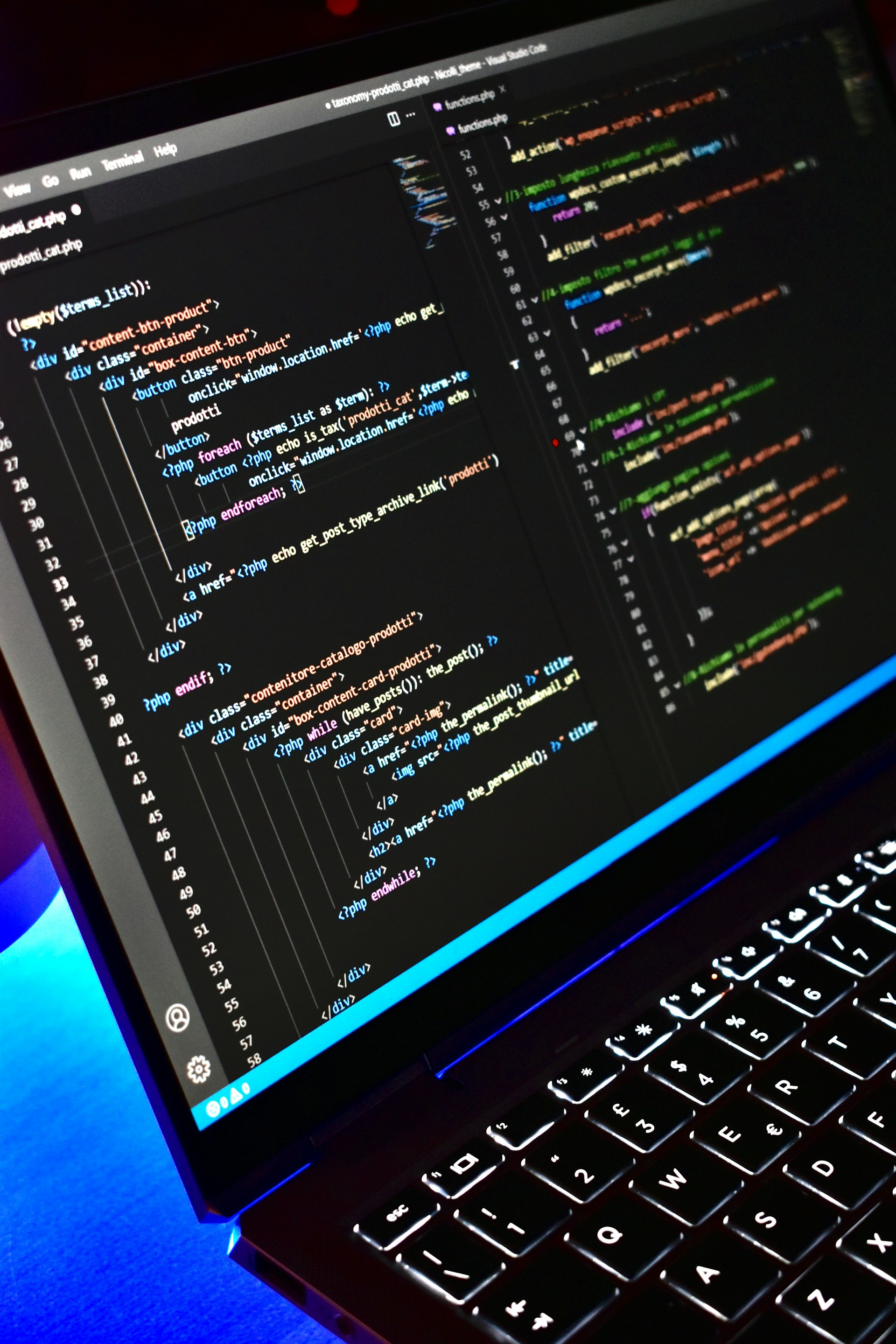
Learn the essentials of intellectual property for developers, including types of IPs, open-source compliance, and how to protect your creations.
Developers are the mastermind creators behind applications, software and digital content, and IPs are getting more important by the day.
IP is an intangible asset, and now they’re even more important than tangible ones.
According to Forbes, in the S&P 500 index from 1975, 83% of its assets were tangible. But in 2020, 90% were intangible assets like IPs.
Understanding intellectual property as a developer is vital, so here are five things developers should know about it!
1. Know what IPs are out there
- Patents are the IP that gives someone rights to their invention and protects the invention itself, such as processes, methods or algorithms.
- Copyrights are the IPs that protect anything written, from software codes to music and all the in-between.
- Trademarks are an IP that protects symbols, names, slogans and designs that represent a brand or service.
- Trade secrets are an IP that is top secret and valuable information that gives a business its advantage against the competition.
2. Know your open-source licenses and compliance
Open-source licenses are something that many developers use to build their projects.
It’s useful to understand the open-source license terms for the one you are using as each license has its own such as a General Public License, Apache License, and MIT License.
Developers have to comply with these terms when using any open-source software. This is what we call compliance obligations.
It’s important to know what they are when building your project because if you don’t comply it can lead to legal trouble.
3. Know how ownership works
Employment agreements let you know what you own and what you don’t. It’s really important to know every inch of your employment agreement, to know exactly who owns your work.
This is because sometimes, employers could claim they own some of your creations if you did the creating whilst employed by them; so make sure you know your employment agreements from top to bottom.
When it comes to freelance or contract work, developers can and should negotiate their terms regarding what they own.
Every contract should specify whether the developer retains ownership of their intellectual property (IP), or if it belongs to the client, as well as the timing of this determination (whether during the contract period, upon completion, etc.).
4. Know how to protect yourself
The first way of protecting yourself with IPs is to keep documentation of whatever you create, from design documents to copyright registrations. This is literal evidence that what you have created is yours alone.
Also, you should make sure you have some steady security in place, such as using a VPN to protect your work from IP grabbers, so make sure to do a VPN test before you start working.
Using a VPN can protect your creations through secure data transmissions, cleverly hiding your digital location and giving you remote access to business networks.
5. Know how to fight for your rights
Actively keeping an eye on the use of your IP can help you spot anyone trying to snatch it.
This could mean doing searches for unauthorized copies of your creations or checking online platforms for sneaky plagiarism.
If you do spot plagiarism or copycats, you may need to take legal action to enforce your IP rights. For example, you could send cease-and-desist letters or file copyright infringement lawsuits to fight back.
While reading up on IP might seem like a hassle at first, it’s an important step to take – awareness and knowledge is the first step in protecting yourself.
Using security tools, knowing your lingo, info and rights surrounding IPs is essential.
Was this news helpful?






 Yes, great stuff!
Yes, great stuff! I’m not sure
I’m not sure No, doesn’t relate
No, doesn’t relate



